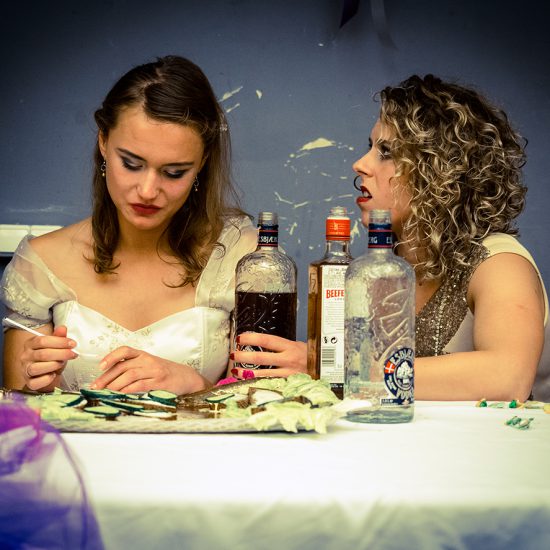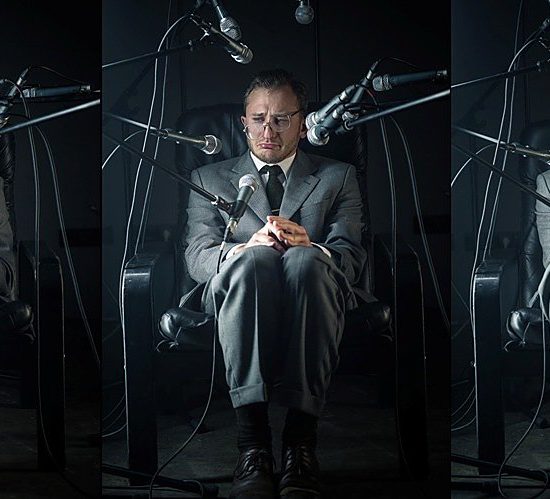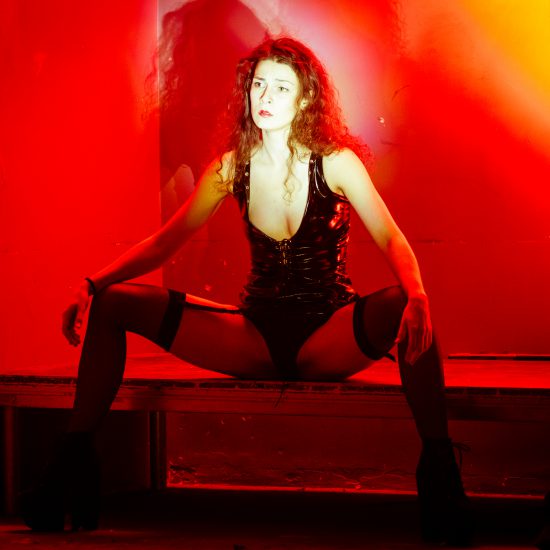Our performance. Letters on theatre (VI)
Here I sit in the OKT studio watching “the Seagull” directed by Jokūbas Brazys, and there are thousands quotes in my head. Some of them must be mine, but some can be written by Chekhov, and some are in the performance itself. Maybe this is not a good example for analysis without judgement. It is “the Seagull” which presents the new actors finishing their studies and entering the theatre stage. Treplev’s performance itself allowing to bring new forms is the manifesto of the creators, criticizing their stage, allowing us to look at their knowledge, their music, their reading list, their quotations, „The Seagull“ is first and foremost the performance Treplev. And even in its form Treplev’s performance reminds of “the Seagull” by Brazys. I would say the performance is about inspiration, not about thinking. It is the whole Seagull in one breath. Here I make judgement… I don’t want to consider it in positive or negative terms, it is just the specifics of direction. Brazys embraces the intuition of Treplev, he is not moved by Trigorin’s rationalism. I get it – it’s their own manifesto, Chekhov rephrased in their own way. It has to be a matter of inspiration. After ten or twenty years Treplev would not be so charmingly naive, and his performance would be entirely different. However it is already clear that they understand the play. They feel prepared for Treplev’s monologue, which is quite painful: “I have talked a great deal about new forms of art, but I feel myself gradually slipping into the beaten track. “The placard cried it from the wall—a pale face in a frame of dusky hair”—cried—frame—that is stupid.” If this ability to honestly criticize themselves is not what they already have, they must at least be familiar with it.



